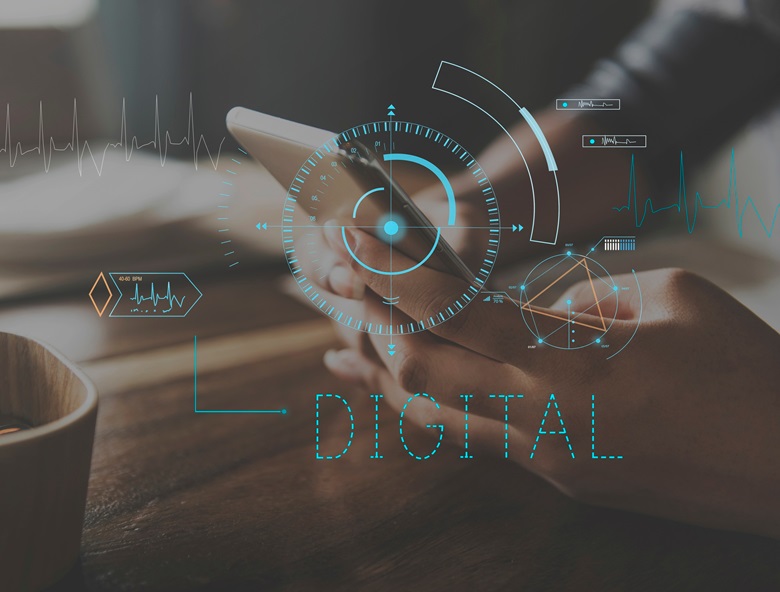Your premier creative media agency, pioneers your digital success. With services spanning Digital Marketing, SEO, ORM, Guest Post, Digital PR, and Content Writing, we meticulously craft strategies tailored to elevate your brand. Our precision-driven approach ensures measurable results, whether it's optimizing your online presence, managing your reputation, securing guest posts, orchestrating digital PR campaigns, or creating compelling content. Unleash the full potential of your brand with Flamors Media, where creativity meets precision in every digital endeavor, setting you apart in the competitive digital landscape.
LEARN MOREAt Flamors Media, our statistics and facts speak volumes. With a proven track record, we've successfully executed countless digital strategies, achieving measurable results for diverse clients. Trust us to transform your brand with data-backed creativity and precision in every campaign.
Empower your brand with our services. From personalized Digital Marketing to credible SEO, resilient Online Reputation Management, and engaging Content Writing – we're here to elevate your digital presence with humility and expertise.
Maximize your online presence with our comprehensive Digital Marketing services. From strategic planning to execution, we employ the latest techniques to enhance brand visibility, drive traffic, and boost conversions, ensuring your business thrives in the digital landscape.
Gain a competitive edge with our expert Search Engine Optimization (SEO) services. We optimize your website to rank higher on search engines, increasing organic traffic and ensuring that your brand is easily discoverable by your target audience.
Safeguard and enhance your brand image with our Online Reputation Management services. We monitor, analyze, and manage your online reputation, addressing potential issues and promoting positive content to strengthen your brand's credibility.
Expand your brand's reach through strategic Guest Post services. We identify relevant platforms, create compelling content, and secure guest posting opportunities to establish your authority in your industry and attract a broader audience.
Amplify your brand's story with our Digital PR services. From crafting impactful press releases to building relationships with key influencers, we leverage digital channels to enhance your brand's visibility and reputation in the online sphere.
Engage and inspire your audience with our professional Content Writing services. Our skilled writers create high-quality and tailored content for your website, blog, social media, and marketing materials, ensuring your brand's message resonates with your target audience.
Our success is measured by the satisfaction of our clients. Hear what they have to say about us.
My website's traffic doubled thanks to incredible SEO expertise. Flamors Media delivered real results, making them my go-to for digital growth.
In the world of Digital PR, Flamors Media is a standout. Their efforts not only boosted our online presence but also showcased genuine care for our brand.
During a challenging online reputation situation, Flamors Media's ORM expertise and swift actions spoke volumes. Truly grateful for their authenticity and dedication.
Flamors Media isn't your average content provider; they understand brand voice. The content they created not only resonated but also translated into tangible engagement. Authenticity in every word.
The Power of Digital PR: Navigating the Modern Landscape - As technology continues to advance, the future of Digital PR holds even more exciting possibilities.
LEARN MORE
